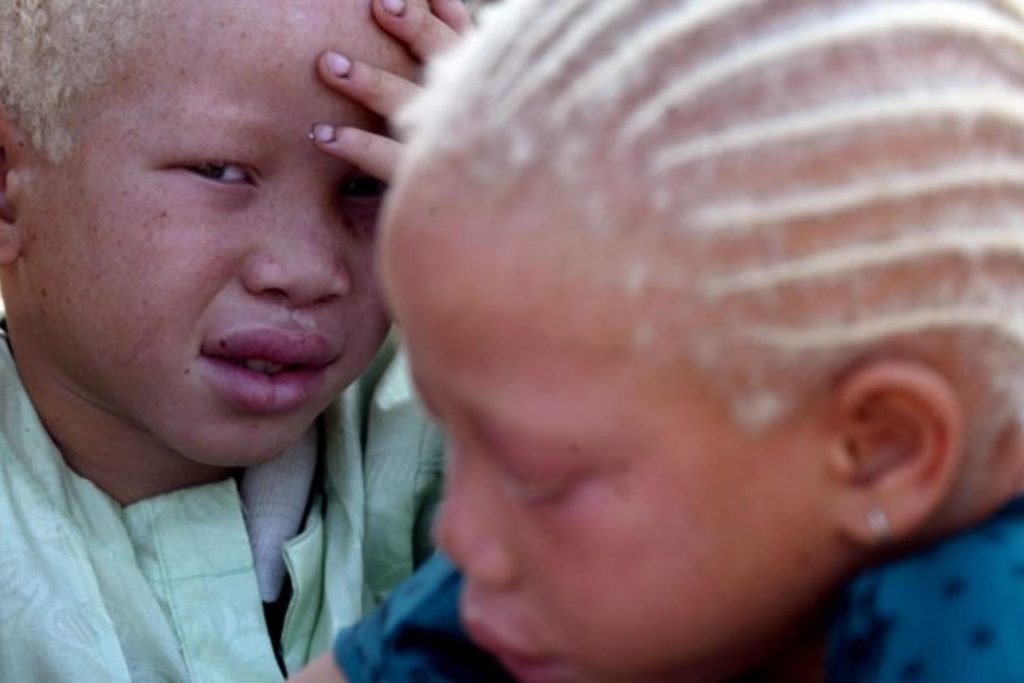Reuters photo
By
Isaac Abban
It is quiet surprising and undoubtedly a worrying trend as to why most African societies allow barbaric cultural and superstitious practices to exist in this age of enlightenment and scientific reasoning.
In recent times, just like the past, people have been forced to flee their homes, lives have been lost and society stifled, all in the name of superstition and cultural beliefs. Although I will posit that some cultural beliefs of most African societies are helpful, other aspects are highly questionable. In Ghana for example, it is quiet common to see the seclusion of some people, primarily old women who are deemed ‘witches’. These women are in most occasions denied their basic human rights, are brutalized and to some extent killed for crimes they know nothing about. This situation is clearly evident in an incident that happened some days ago in Nabdam, in the Upper East Region of Ghana where an old woman was severely brutalized and killed just because it was alleged that she was a witch. At the heart of these injustices is a superstitious and cultural belief that underpins its existence.
This situation has been severe as ritual murder has been on the rise in many African societies, although only cases of some selected African countries have been noticeable in recent times. There has been wanton display of injustice in countries like Tanzania, Malawi and Mozambique. In Tanzania and Malawi, the focus of the injustices has been directed at Albinos who are treated with contempt and disdain as if they were not part of the human race, simply because they do not look like the ordinary black man with kinky hair and dark skin. In recent times in Mozambique, men with bald heads have been the subject of oppression. John S. Mbiti argued that the African is incurably and notoriously religious, and for that matter any act perpetuated by most Africans is substantiated by religious and cultural beliefs. Suffice to say, at the heart of every ritual injustice is a religious belief that supports it.
The surge of ritual murders in Tanzania and Malawi has been a very worrying trend since it occurs in most occasions behind closed doors. In Malawi, Albinos, as above, are the major target of oppression and human rights abuses as they are perceived not to be real humans but are best suited for ritual purposes. As a result of this cultural stereotype, Albinos continue to be under serious attack since in most instances their body parts are used for ritual purposes. In most instances the body parts are sent to traditional priests and ritualists who use them to create wealth for the perpetrators, forgetting the fact that Albinos are equal humans with a natural right to life.
There is also a belief among some sections of the African populace that having sexual relations with a person living with albinism can cure HIV, a superstition that has increased cases of rape and infections among Albinos. In most of the societies in Africa, including Ghana, Albinos live under marginalized conditions, they do not, in most instances pursue further education due to the myriads of stereotypes directed against them. What is more worrying is that these cultural beliefs and stereotypes have led to severe threats on the lives of most Albinos in Tanzania and Malawi. According to scientists, albinism occurs as a result of melanin deficiency which culminates in loss of skin colour and hair on the body. It is a phenomenon that can happen to almost everyone since it is primarily biological.
As if threats on the lives of Albinos are not enough, the situation is now being directed at bald men in Mozambique. Just some days ago, there were reported cases of deaths of bald men in Mozambique. It was said that the head of bald men contained gold that was a source of wealth so in most cases these men had their heads chopped off for ritual activities. This phenomenon also made it more difficult for bald men to leave their homes since they would be caught and killed if they were to step outside.
The motive of using bald men for ritual purposes, just like Albinos is also seeped in cultural beliefs and superstition in the sense that the local community have the notion that bald men are rich. What is even more baffling is that perpetrators of such barbaric acts put money in high esteem than human life. It is also quiet surprising as to why governments and policy makers in Africa have remained silent on this trivial issue. What we tend to forget is that ritual murder is akin to slavery and the subsequent creation of a society rife with fear and uncertainty and hence efforts must be put in place to curb it completely.
Isaac Abban
I’m Isaac Abban, a 24 year old man and a final year student studying Geography and Sociology at the University of Cape Coast, Ghana. I hail from Cape Coast in the central region of Ghana and have a keen interest in seeing to it that my generation and generations yet unborn in Africa are set free from the perils of illiteracy, ignorance and poverty. As an astute writer I believe that through writing the world can be made a better place.



No Comments Yet!
You can be first to comment this post!